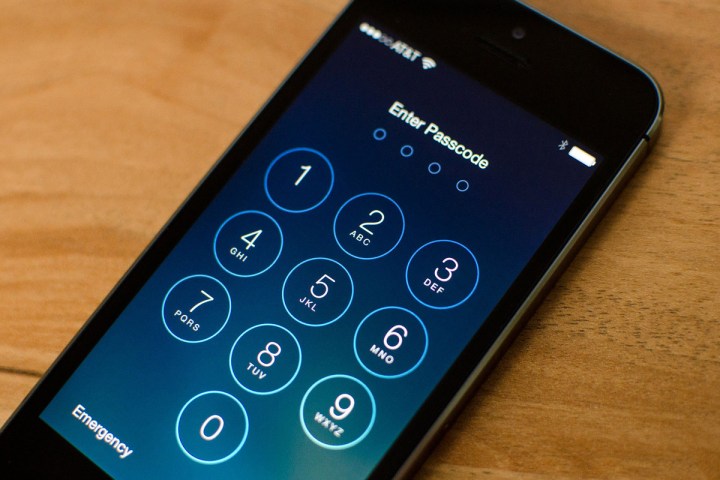
The bill comes from the Select Committee on Intelligence, penned by Chairman Richard Burr, R-N.C., and Vice Chairman Diane Feinstein, D-Ca., and is currently a discussion draft.
The bill proposes to require companies like Apple and Google to comply with court orders when law enforcement is trying to gain access to encrypted data. That means Apple would have had to comply in the San Bernardino case. Gaining such access, law enforcement and lawmakers believe, will provide more data and insight into criminal and terrorism investigations.
The FBI dropped its request for a court order after it found a way to hack the San Bernardino shooter’s iPhone. The FBI is now offering the technique to various law enforcement agencies around the country in order to provide them access to other iPhones implicated in criminal investigations.
If the bill ever passes into law, it would go against what hundreds of security experts, law professors, tech companies, and human rights and privacy groups have advised — that leaving backdoor access for the government would threaten online privacy. And while President Barack Obama has urged the tech industry to work with law enforcement, it’s unlikely the administration will back the bill as it has previously backed off of legislation demanding access.
“This is truly a draft piece of legislation,” Burr said, according to The Hill. “It’s for recommendations.”
This means the bill’s language could change as it progresses through Congress. Currently, another bill backed by House Homeland Security Committee Chairman Michael McCaul, R-Texas, and Sen. Mark Warner, D-Va., seeks to establish a “national commission” to study the subject of encryption and criminal investigations. The Electronic Frontier Foundation has already opposed that bill.
“The commission is set to ask questions already answered in the 1990s like whether or not the government should mandate backdoors or otherwise change current law,” the EFF said in a blog post. “The answer is no.”
It’s an understatement to say the committee’s anti-encryption bill will face stiff opposition from the tech industry and privacy groups.
Updated on 04/14/16 by Julian Chokkattu: Added in official draft information.


